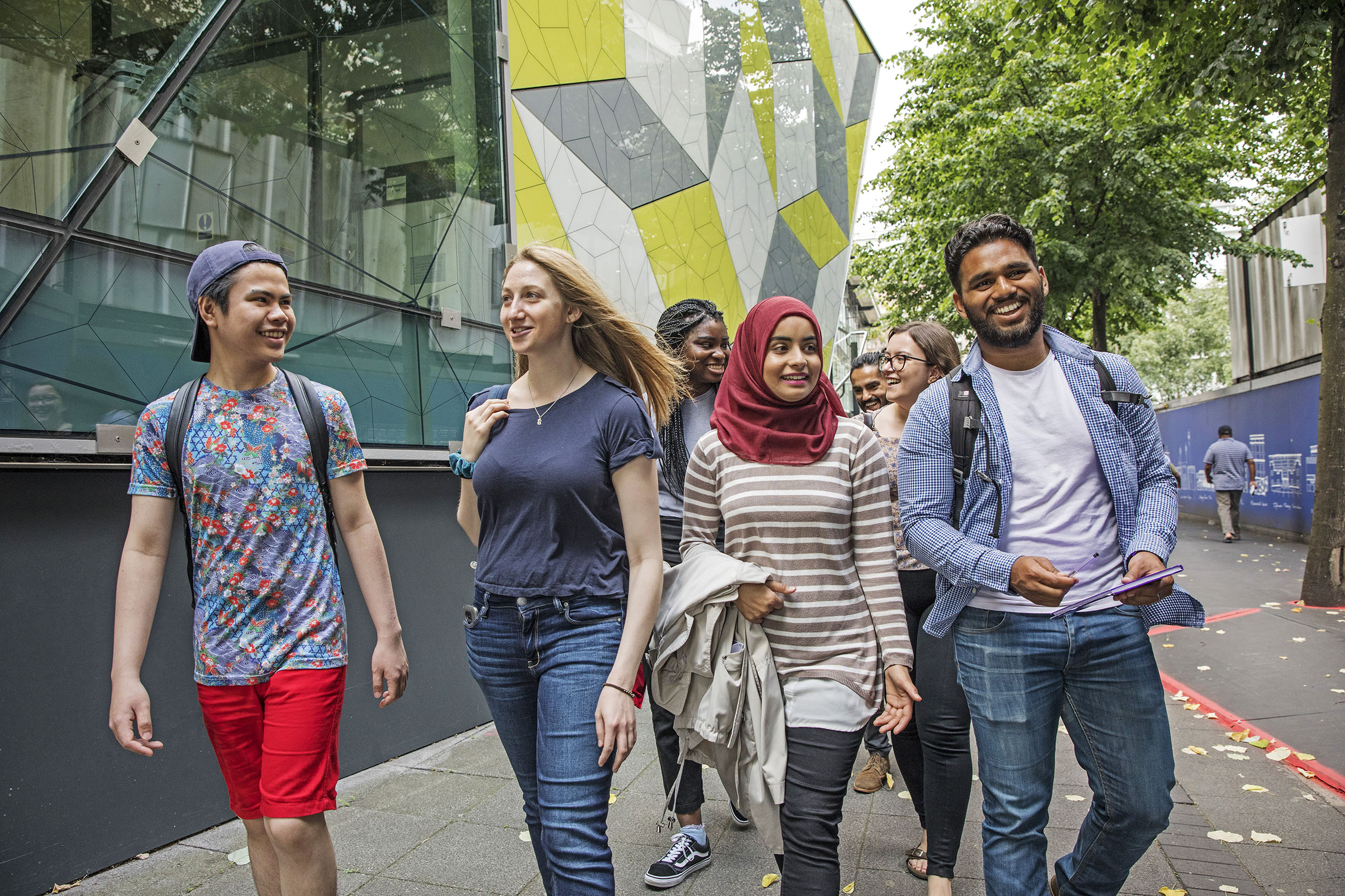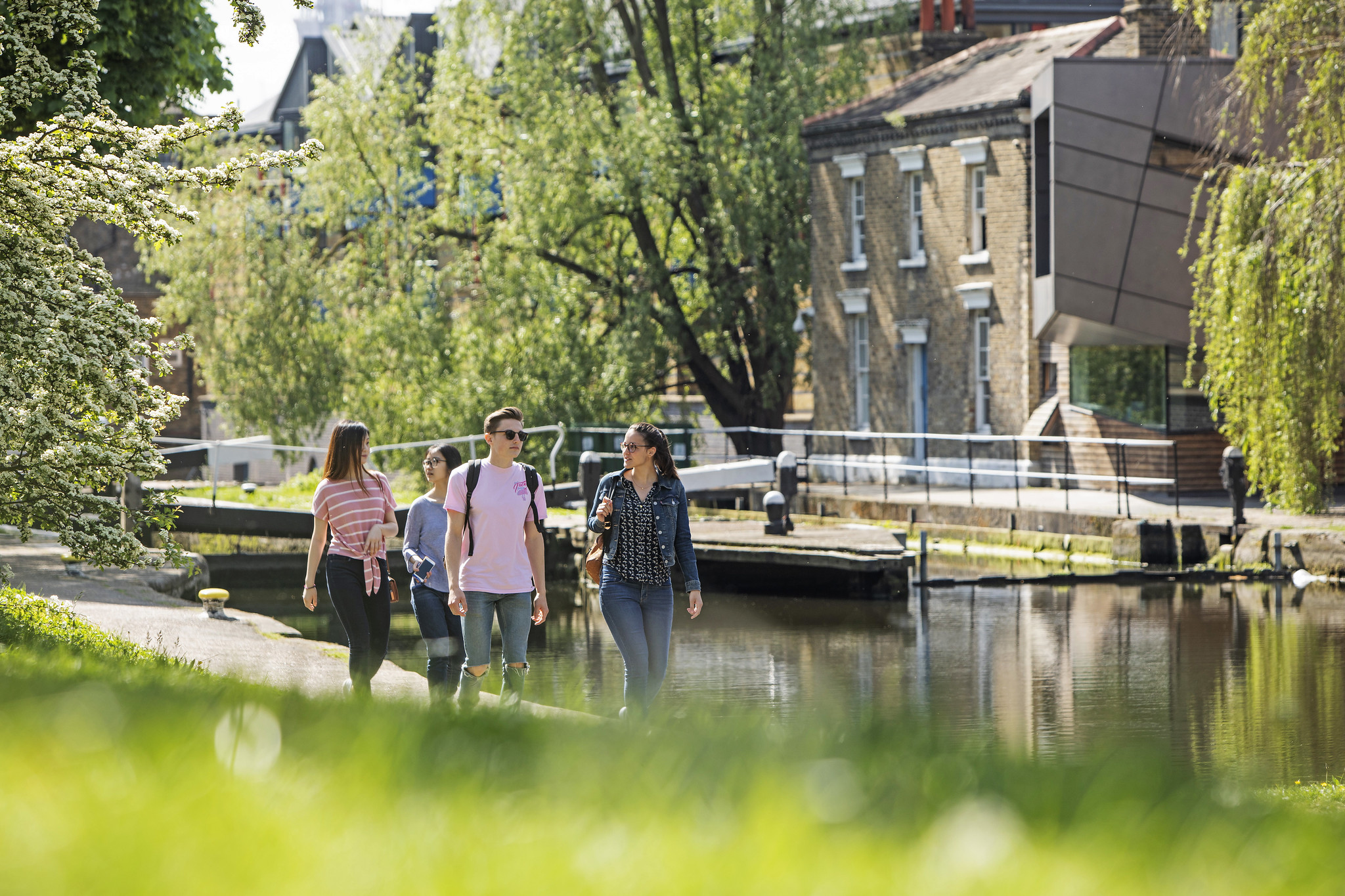Taster Talks
The School of Geography is proud to offer an exciting range of free outreach activities for secondary schools and colleges.
All sessions are online via Teams. They include a 45-minute talk from an academic, followed by 30 minutes of Q&A with the academic and a student ambassador studying Geography at QMUL. The talks provide an insight into the exciting, research-led teaching on offer in the School of Geography.
Upcoming talks
Previous talks
Monday 22 April, 3:30pm-4.30pm.
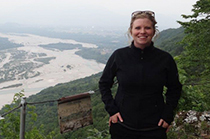
Professor Gemma Harvey
Title: Nature’s engineers: how animals and plants modify landforms and landscapes
This lecture will encourage you to consider the importance of biodiversity from a geomorphological perspective. Animals and plants modify Earth surface processes in many different ways, and across a range of scales from individual sediment grains to entire river-floodplain systems. This lecture explores the fascinating roles played by organisms capable of ‘engineering’ geomorphological processes and transforming landscapes, and how this can assist landscape recovery from degradation, or in some cases pose a threat.
Available to watch soon
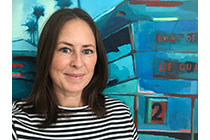
Thursday 28th March, 4:30pm-5.30pm.
Dr Philippa Williams
Title: Digital geographies of Whatsapp in India
In a world were Meta (previously Facebook) operates at the scale of national economies, the significance of Big Tech in our everyday lives is an increasing concern for geographers. This lecture introduces you to the digital geographies of WhatsApp in India. Through the case of an everyday messaging app we will learn about the geopolitics of Big Tech and the importance of new digital places and relationships for identity and belonging, politics and the economy, and importantly how (and why) digital technologies land differently in different places.
Available to watch soon

Tuesday 19 December 2023, 4:15pm-5.30pm.
Dr Sam Halversen
Title: "Two Faces of Globalisation"
Available to watch soon

7. Wednesday 10th May, 4:15pm-5.15pm.
Dr Kerry Holden
Title: “Understanding infrastructures."
The infrastructures that we rely on such as water, energy, and transportation circulate goods and services around societies and around the world. We often do not notice infrastructures. When we switch on a light we rarely imagine the electricity grid that we have just accessed. We notice infrastructures when they fail and breakdown. Recently, geographers have become very interested in understanding infrastructures as more than technical and engineering feats. Geographers are asking questions about the politics and economics of infrastructures: who commissions and pays for infrastructures such as bridges, roads and railways? Who designs them and to what end? Where do materials come from? Geographers are also exploring about how people and communities interact with and use different infrastructures. These questions highlight how infrastructures divide up space and structure how communities and people live and move around places deepening forms of inequality and exploitation. As infrastructures continue to expand, they are also increasingly vulnerable to the impacts of climate change. A major goal is for geographers at QMUL to understand how we can create resilient infrastructures that can withstand hazards and respond to the needs of communities in ways that are fair and just. Through a series of modules driven by staff research interests, we want students to look at infrastructures differently, see how they are integrated into and shape our lives.
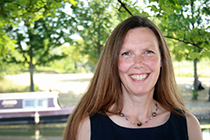
6. Monday 3rd April, 4pm-5.15pm.
Professor Geraldene Wharton
Title: "Understanding the Water and Carbon Cycles: Earth's Life Support Systems."
Taking a systems approach, Geraldene Wharton will explore the key features of the water and carbon cycles over a range of spatial and temporal scales and use the example of a tropical rainforest system to consider their integrated functioning. Finally, Nature-based Climate Solutions, will be examined as part of the suite of mitigation strategies to achieve the goal of Net Zero Carbon Emissions.

5. Monday 6th March, 4pm-5.15pm.
Professor Alastair Owens
Title: “Stay home stories: pandemic geographies of everyday life”.
The home has been at the forefront of personal, political, and public health responses to the COVID-19 pandemic, particularly during three periods of national lockdown in 2020 and 2021. Life at home changed in profound ways. Home became a site of education and work; shielding, self-isolation and quarantine; loneliness and new forms of connection. Most people experienced a shrinking of their physical worlds as their lives became more contained within their places of residence. But being at home also transformed people's relationships to the places beyond their front doors - with their estate, street, neighbourhood and city, for example - as well as with other homes much further away. Drawing on material from the 'Stay Home Stories' research project based in London and Liverpool (see www.stayhomestories.co.uk for films, podcasts, blog posts and maps by children and young people), this talk will focus on how people's everyday lives at home during the pandemic changed their relationships to places. The talk will include wider reflections on geographies of home, which is the focus of an optional module at Queen Mary.
4. Monday 6th Feburary, 4pm-5.15pm.
Professor Kathryn Yusoff
Title: “People & the Environment”.

3. Wednesday 14th December 2022, 4pm-5.15pm.
Dr Niranjana R
Title: “The Promise of the ocean: water, technology, and the geography of infrastructure”.
.png)
In London & UK, as in many other places around the world, the prospect of converting seawater into potable water has been embraced as a ‘solution’ to the problem of climate change and potential water scarcities in our future. Even though there is opposition to desalination plants as energy intensive projects, they are becoming increasingly common. This talk will trace how urban water infrastructures have come to rely on such technologies and how geographers in particular have analysed the transformation of water into infrastructure. It will discuss two case studies from the global north and south - London, UK and Chennai, India - posing the question, is the ocean the answer to urban needs of the present, not to mention the future?
2. Thursday 8th December 2022, 4:30pm-5.30pm.
Susan Smith (School of Geography, Careers Consultant)

Title: “What Can I Do With A Degree In Geography?"
Studying Geography offers students a fluid and relevant degree with knowledge and technical skills that are popular within a wide range of careers. Find out more about the range of careers that Geography graduates can plan for and discover how you can maximise your time at university.
1. Monday 31st October 2022, 4pm-5.15pm.
Dr Sydney Calkin
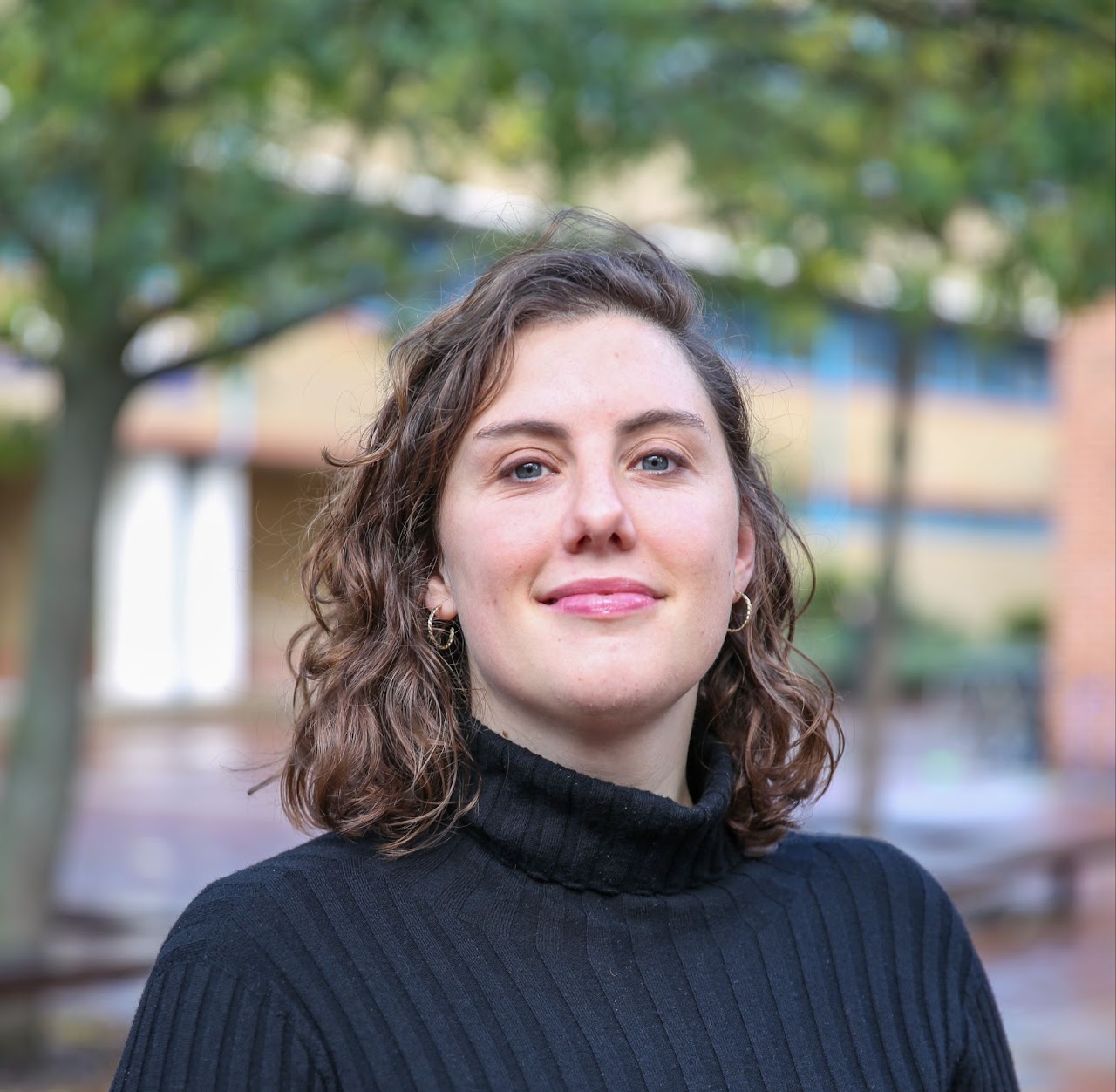
Title: “The Geography of Reproductive Rights”.
In this lecture, we will look at reproductive rights through a human geography lens. What can geography help us to understand about human reproduction and the political/ social/ economic/ technological forces that shape it? We will consider this question across the spectrum of reproductive rights, from contraception and abortion to technologies for assisted reproduction and gestational surrogacy. We will draw on work from the sub-disciplines of health geography, feminist geography, and political geography to explore these topics. This taster lecture will give you a sense of some of the topics you would study in your modules in Geography at QMUL, as well as the kind of research projects carried out by our staff.
